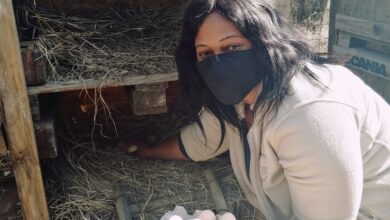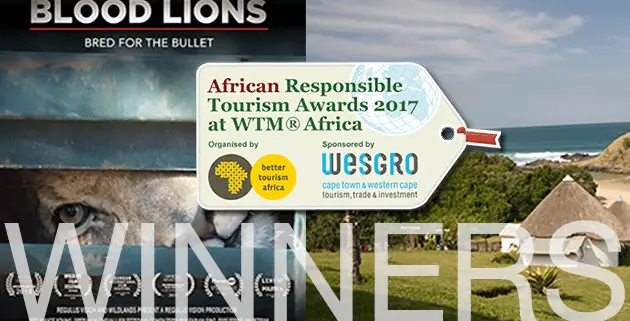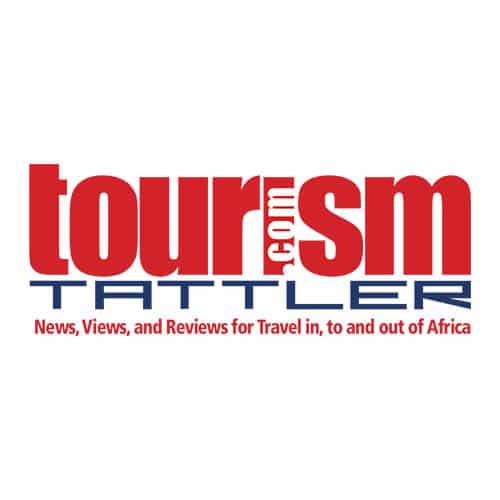Fair Trade Tourism’s Wildlife Petting Policy
Fair Trade Tourism’s certification criteria do not permit any physical interaction between tourists and potentially dangerous wildlife such as lions, cheetahs and leopards.
While some Fair Trade certified members, such as Tenikwa Wildlife Rehabilitation and Awareness Centre had previously allowed tourist-animal contact in some of their programmes, this practice ceased prior to its certification. Tenikwa’s new no-contact policy was validated by an independent auditor during Fair Trade Tourism’s comprehensive audit process.
Fair Trade Tourism prides itself on being the only tourism certification body that has introduced specific auditable criteria around captive wildlife in Africa.
“In 2016 we underwent a review of our certification criteria, largely in response to the huge growth in the volunteer sector and the concomitant rise in animal and human orphanage programmes, which were unregulated and open to abuse. It was becoming clear that many volunteer experiences are detrimental to the children or animals they proclaim to be helping, especially in the case of orphanage and lion cub petting programmes. Many of these programmes make fraudulent claims about conservation or child welfare and are exploitative of the volunteers themselves,” says Jane Edge, Managing Director of Fair Trade Tourism.
Fair Trade Tourism’s revised certification criteria were informed by a range of expert sources including Better Volunteering, Tourism Watch, UNICEF, Endangered Wildlife Trust, Wildlife Act, the Convention on Biodiversity, and the Association of British Travel Agents’ (ABTA’s) Global Welfare Guidance for Animals in Tourism. A number of Southern African volunteer organisations also gave their input.
The revised criteria, effective from 1 June 2016, do not allow for any physical contact by tourists or volunteers with animals listed as Hazard Category 1 in the ABTA Animal Welfare Guidelines, which is considered to be the most comprehensive worldwide. Such animals include large and medium-sized carnivores, elephants, rhinos, large apes, hippos, ostrich, crocodiles and venomous snakes.
The new criteria also do not allow tourists or volunteers to interact with any child or vulnerable person unless under continuous, qualified adult supervision.
To achieve Fair Trade Tourism certification, members need to comply with 100% of the mandatory certification criteria, based on the principles of fair wages and working conditions, ethical business practices and respect for human rights, culture and the environment.
Among these criteria are stipulations that a captive wildlife facility keeps up-to-date records of all animals in its care, including their history and destination, and death certificates where applicable. The member must also ensure that wild animals are not encouraged to behave in a way that is not natural or innate to their species, and must provide documentary evidence that animals were not obtained from the wild, unless for a conservation need as identified by an independent conservation authority. The member must also provide the public with accurate information on wildlife conservation and animal welfare relevant to its operations.
Fair Trade Tourism’s criteria also require demonstrated support and contribution to biodiversity conservation.
“In this regard, Tenikwa’s work as an NGO involves treating over 250 injured or abandoned wild animals annually for release back into the wild where possible. In the broader community, Tenikwa runs workshops on how to deal with injured wildlife, is a member of the Population Reinforcement Working Group for the African Penguin and plays an important role in turtle conservation in association with the Two Ocean Aquarium. Tenikwa works closely with conservation authorities such as CapeNature, SANParks, and the Department of Environmental Affairs, and in 2016 the facility won an award from Birdlife SA for its role in conservation.” concludes Edge.
For more information, contact Fair Trade Tourism Business Development Support at info@fairtrade.travel or apply online on at www.fairtrade.travel.





